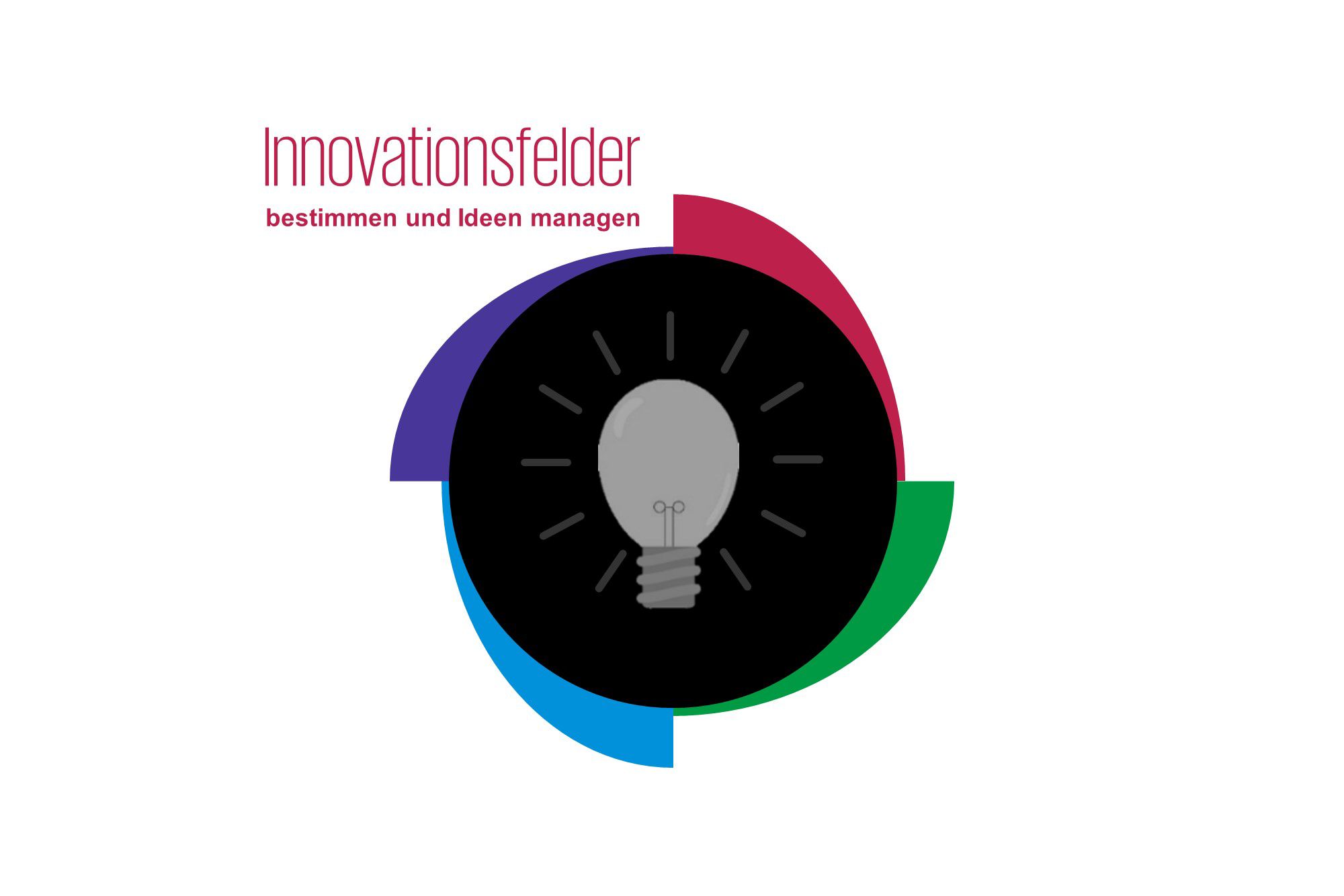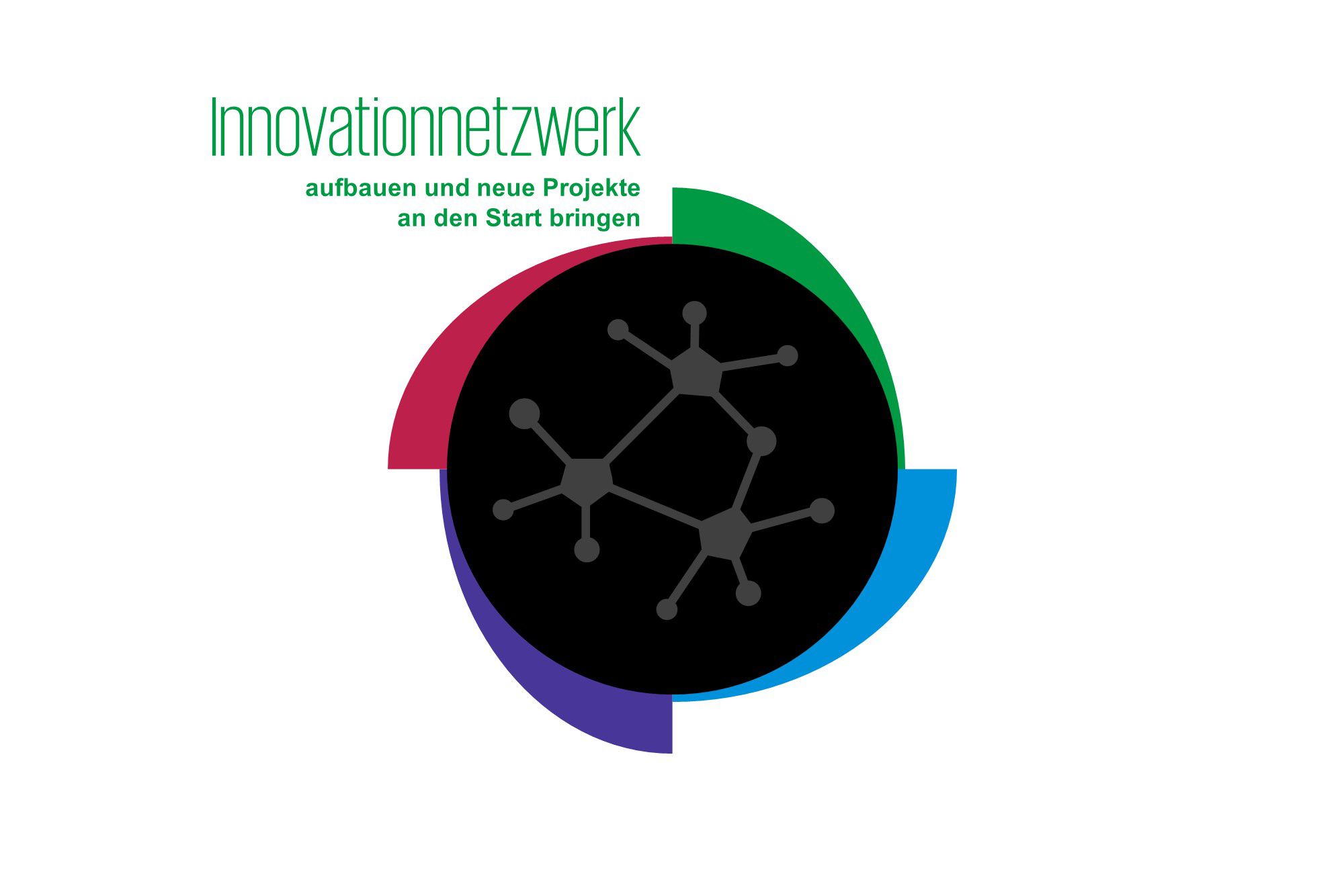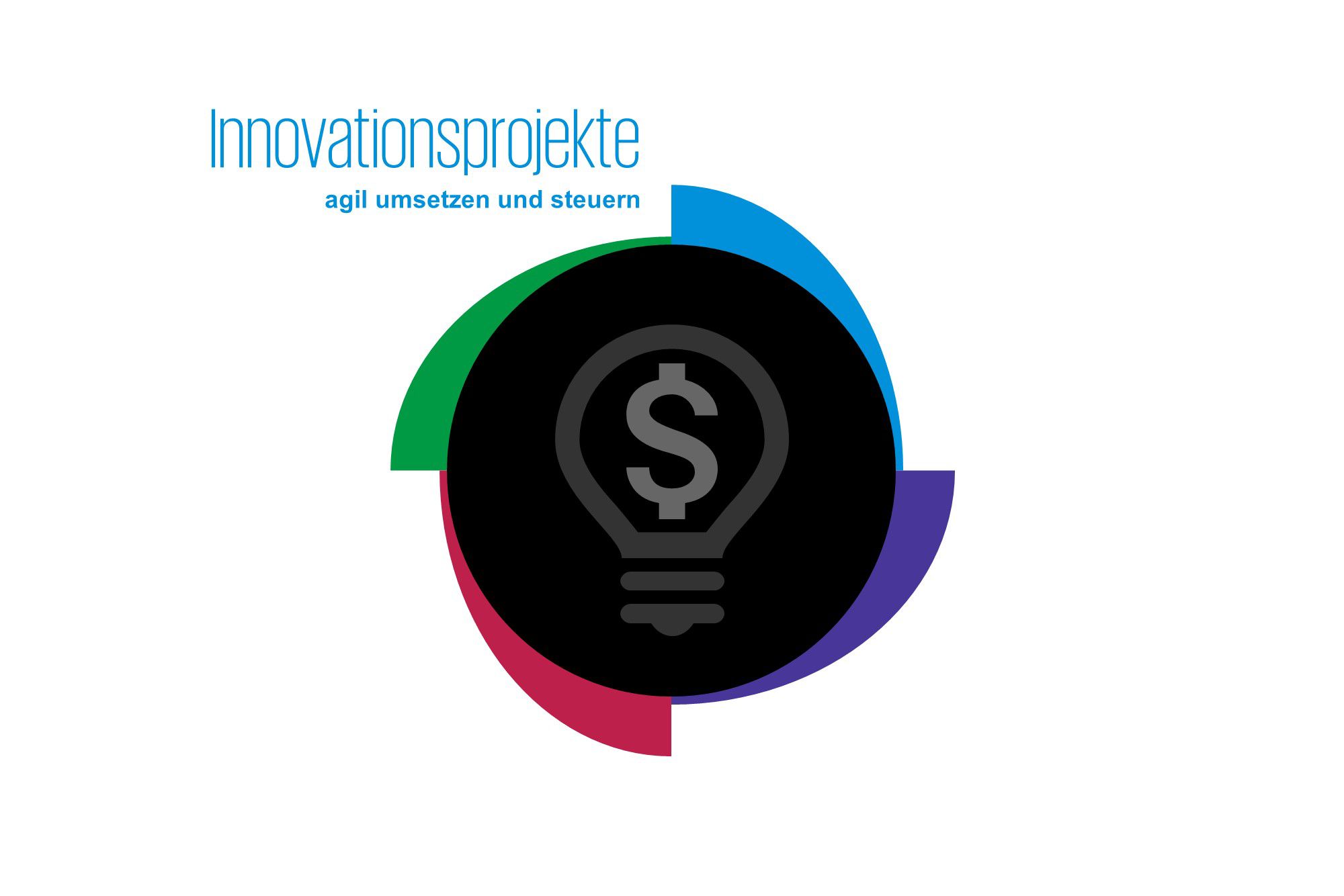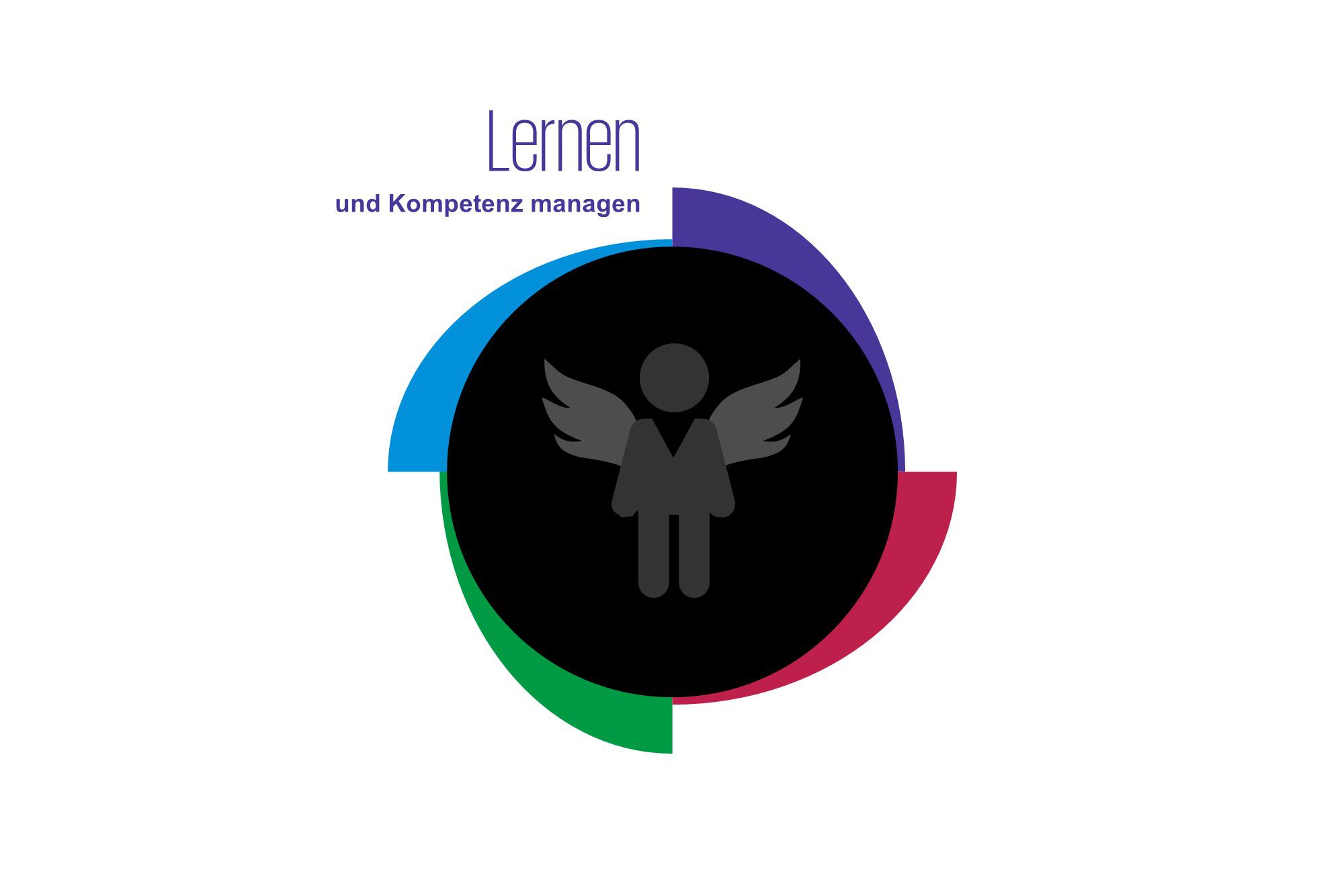In open innovation networks, the chances of successfully launching new products and services on the market increase. The transformation of processes and structures in the course of digitalisation also benefits.
Requirements are constantly changing and evolving. The diverse levels of maturity of ideas, business models, processes and organisations require different approaches and procedures. Recognising opportunities and then implementing them – this requires not only a great amount of courage and pioneering spirit, but also experience and business acumen. We see innovation as a development process for the entire business entity, as well as for each individual.
Digital transformation is a big task – where to start? Our clients often ask us how they can identify relevant, promising fields of innovation for their organisation.
The answer is in fact very simple:
- Focus on your customers or users and their needs
- Discover disruptive developments at an early stage and derive fields of action
- Use this to develop a focused innovation strategy for your business entity
Agile formats such as design thinking focus on customers and users. Our innovation coaches and subject matter experts support you and your organisation in identifying the needs of your users or customers and derive relevant fields of innovation together with you. We have futurologists, industry experts, and expertise and are able to master agile formats, such as design thinking or lean start-up. We also have tools for trend analysis and can draw on a wide network of start-ups and innovation drivers, nationally and internationally.
Once the fields of innovation have been found, the question is how to generate new ideas and manage the existing ones:
- Structure your ideas based on relevant fields of innovation
- Select the ideas with the highest customer benefit
- Develop concrete solutions to bring your ideas to life
- Monitor and measure results
KPMG innovation coaches and experts are available to you with agile method formats, e.g. in design thinking workshops or sprints – and in the development of a suitable innovation management system (if applicable, according to ISO 56002) that fits the strategy, the goals and the culture of your organisation.

Not all networks are the same. Results don’t just depend on the right players. Our clients are often faced with the challenge of first opening up their organisation to the ideas of employees, customers or start-ups.
So how can you build a sustainable and purposeful innovation network? We identified three key success factors:
- Identifying the stakeholder groups that drive your innovation strategy
- Providing a digital or physical space as a central contact point for your innovation network
- Working actively with your innovation network in appropriate formats and getting in touch regularly
The next challenge is to get the ideas off the ground as projects. Clients often ask us how they turn innovation ideas into concrete business models – as quickly and agilely as possible so as not to lose momentum. We have the following answers:
- Make the partner/build/invest decision early on for your solutions
- Put together a suitable team and support it with necessary structures, working methods and spatial concepts
- Create a secure framework for the implementation of your innovation projects (risk, compliance, cybersecurity)
Do you think the process seems complex? Talk to us, because it pays off. We have a national and international network of technology, industry and technical experts. And with our start-up initiative KPMG Venture Services, and our subsidiary Matchi, we have a wide network in the start-up scene. We connect you with futurologists, innovation drivers and thought leaders. Our innovation coaches support you in designing work and creative spaces as well as suitable communication and event formats that fit the goals and culture of your organisation. Innovation culture is thus sustainably anchored in the organisation. This will help you get up and running quickly and effectively.

In our projects, we are often asked how to productively integrate different ideas and their stakeholders into projects and how to represent different interests without losing speed.
We think by implementing innovation projects agilely and, quite incidentally, noticeably increasing the speed of development. And by focusing on customers and involving employees:
- Use agile working methods (e.g. Design Thinking, Scrum, Kanban) to develop your product or service close to the customer and in collaboration with your network partners (Partner - Build - Invest)
- Accelerate your product development through the targeted use of agile development methods such as Lean Start-up or Google Sprint
- Use the iterative further development of prototypes to identify potentials and errors at an early stage and at low cost
How can you manage innovation projects?
- Actively manage your innovation projects via customised stage-gate processes
- Give your controlling an overview of the current project progress and budget at any time by integrating it into the stage-gate process
- Optimise team composition and working methods through regular feedback workshops
Our coaches help you implement the appropriate agile ways of working with your teams. We contribute strategy, technology, technical and sector expertise, calculate the different models with you (Drive Tool), introduce you to our national and international start-up network (KPMG Venture Services, Matchi) and support the legal and tax implementation of an acquisition or spin-off.

Especially in the context of digital transformation, there is a lot of talk about agile working forms and methods. Many clients ask us how they can introduce and successfully implement “agilely” in the grown culture of their organisation. In particular, they want to know how they can empower the people in their organisation for the digital transformation and take them with them.
The solution is readily available: Actively control and manage your employees’ learning.
- Find out which forms of cooperation and which methods are suitable for your organisation and culture
- Anchor method and process knowledge step by step through the active involvement of employees in agile development projects
- Use agile working methods to embed continuous learning in your company culture
- Leverage newly generated knowledge from your innovation projects to uncover new areas of innovation and become faster
- Create active knowledge within your business entity through regular exchange formats
Through active involvement, our experienced facilitators and innovation coaches help you and your employees to internalise new methodologies in agile workshops and to apply them in the business entity in the future. We will also provide you with our comprehensive workshop documentation. If required, we can also further develop an implementation directly tailored to your needs. We are happy to support you in planning and implementing suitable formats to anchor the newly generated knowledge from your innovation projects in the business entity in a targeted manner. With well thought-out training concepts and training plans, you can establish a new and sustainable way of working – for yourself and your employees.

Your contacts
Sina Steidl-Küster
Regional Head Southwest, Head of Branch Office Stuttgart, Partner
KPMG AG Wirtschaftsprüfungsgesellschaft
Prof. Andreas Mack
Lead Specialist, Head of Agile Innovation, KPMG Global Innovation Network
KPMG AG Wirtschaftsprüfungsgesellschaft
Agnes Köhler
Manager, Financial Services, KPMG Global Innovation Network
KPMG AG Wirtschaftsprüfungsgesellschaft
Connect with us
- Find office locations kpmg.findOfficeLocations
- kpmg.emailUs
- Social media @ KPMG kpmg.socialMedia

